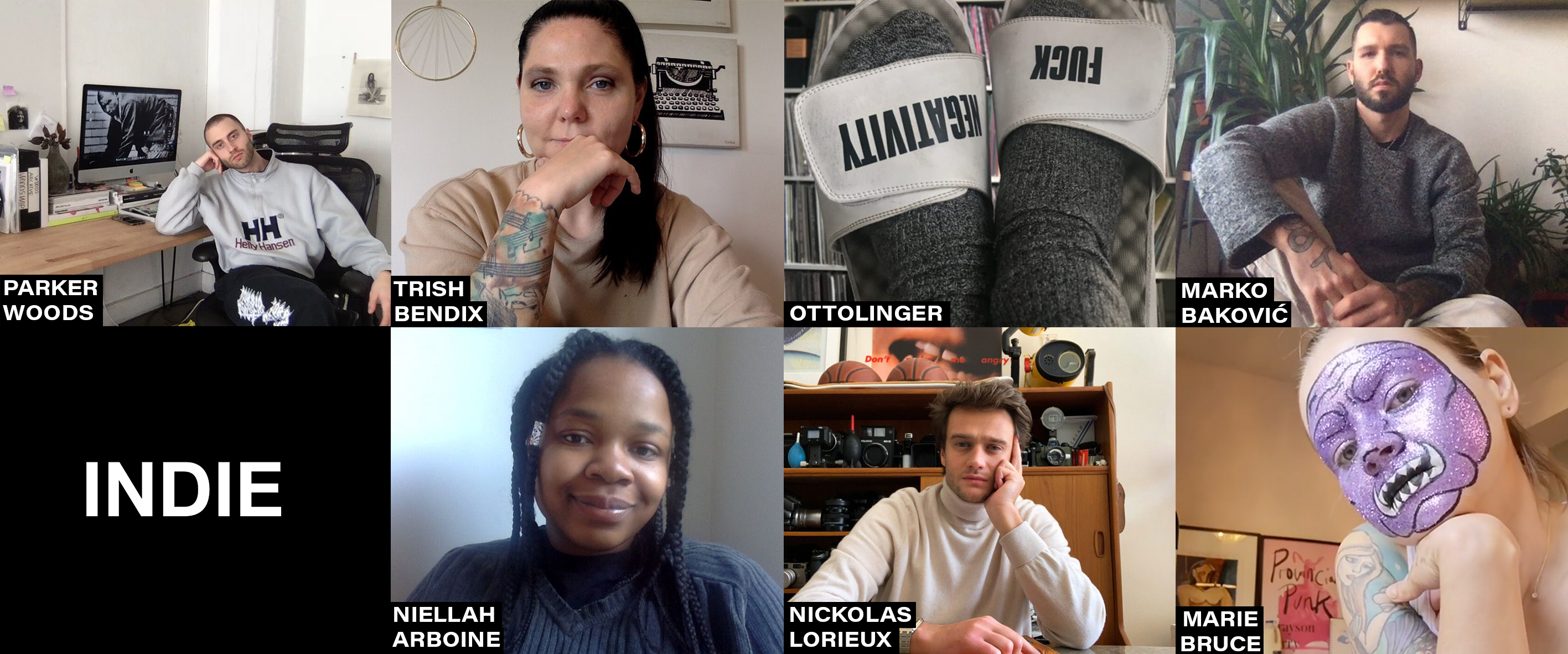There is no right or wrong way of dealing with a global pandemic—no how-to-manual for navigating unending news streams, unstable careers, and physically—rather than socially—distanced networks, friend groups, and families.
In the midst of all this, the virtual realm has taken on a unique role in how we connect with each other (from FaceTime sessions to Zoom meetings), witness what is happening in the world (think livestreams and Twitter-threads) and broadcast what is going on in our worlds (even more livestreams and Twitter-threads).
And just as there is no unanimous method for handling a pandemic, there is no one way such a crisis hits countries and communities. We reached out to some of this issue’s contributors to hear how the ever-shifting and more often than not alarming situation has affected not only their daily lives and work schedules, but also the creative people around them that are at the core of our industry.
Ottolinger
Christa Bösch and Cosima Gadient, founders and designers, Berlin
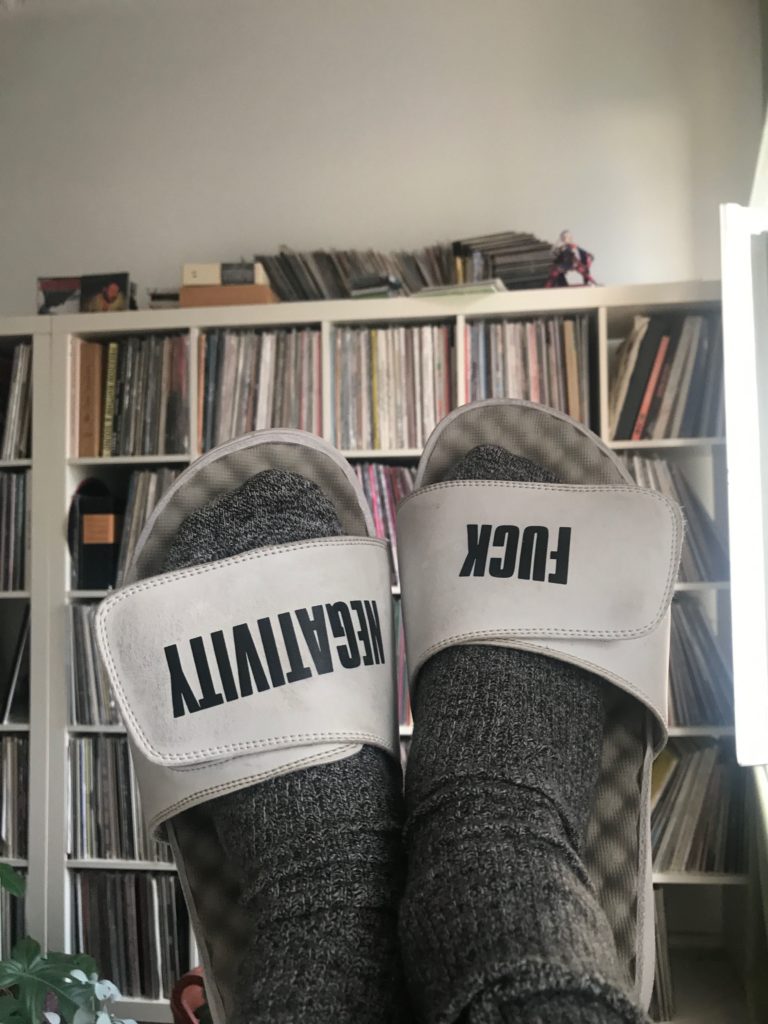
“Luckily the outbreak in Europe came just after Paris Fashion Week, so our time now always revolves around organisation and research for the upcoming collection. We would usually also work on collaborations—but they all got postponed. Everyone is staying home and a lot of communication has moved online.
Our whole team, including us, is working remotely, and we are staying with our families in Switzerland. It’s nice to work from home at the moment, especially here, because we have a lot of nature—we can do sports before work and in the evenings, we recharge, cook…
In general, it might also be a chance and wake-up call for society—making everyone more aware of the lives we lead, how we treat nature, what we focus on, and what’s important. It’s incredible to see how clean the water is in Venice, the clear skies in China—and how strong nature is becoming. Crises also are an opportunity to focus and change. As Ottolinger, we are currently researching a lot on more sustainable materials and ways of working, to keep the planet in balance and have a positive impact on the future.”
Trish Bendix
Writer and editor, Los Angeles
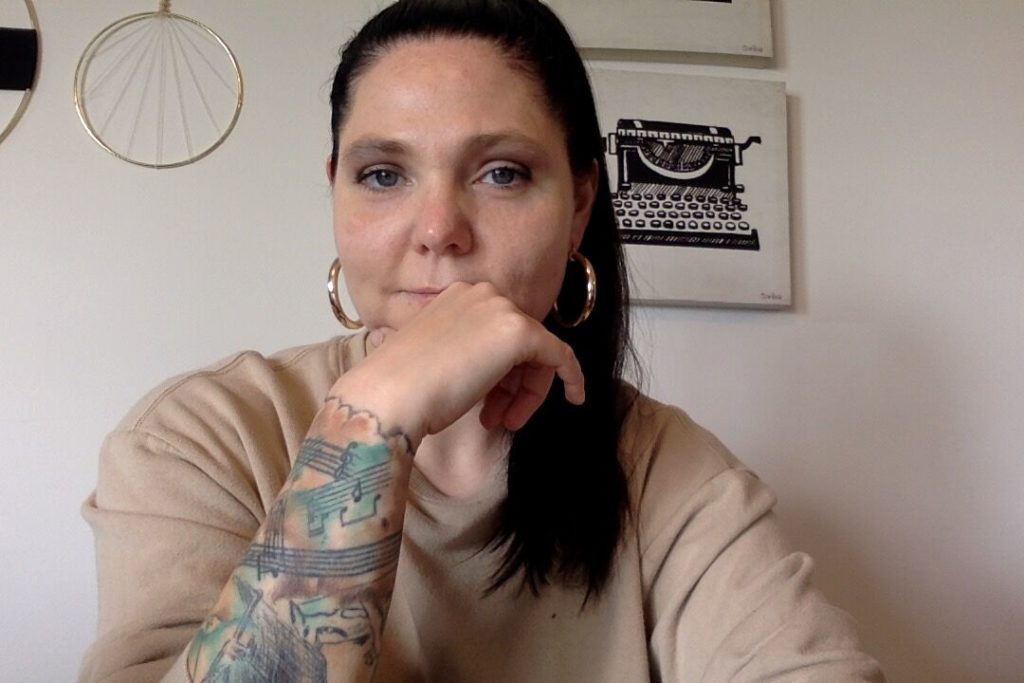
“Because I’m so used to working from home, I don’t feel my work as interrupted as I do other aspects of my life. The hardest part of working from home is separating work time from relaxation—I have a hard time relaxing because I feel like I should be working. But during a time like this, I’m grateful that breaks are encouraged on behalf of everyone.
I’m in Los Angeles where the difficulty is that the weather can be so beautiful, you want to go outside to a beach, a park, on a hike—but everyone has the same idea. So now, it feels even more claustrophobic as we learn that it’s becoming too much even with intended social distancing.
California already has a huge issue with freelancers, currently, in legislation that keeps us from contributing a certain amount of pieces to publications under a law meant to protect mis-categorised independent contractors such as Uber drivers. So the reality is, we were already in a fight for more support. Now, I feel like the issue will not be getting opportunities to write for the internet during this time, but when those publications will actually pay people. Every business will be hit hard, and that includes how much advertising and revenue a respective publication will expect and then later pass down to the creatives they hire, desperate as some are for work and sanity.”
Marko Baković
Footwear designer, Amsterdam
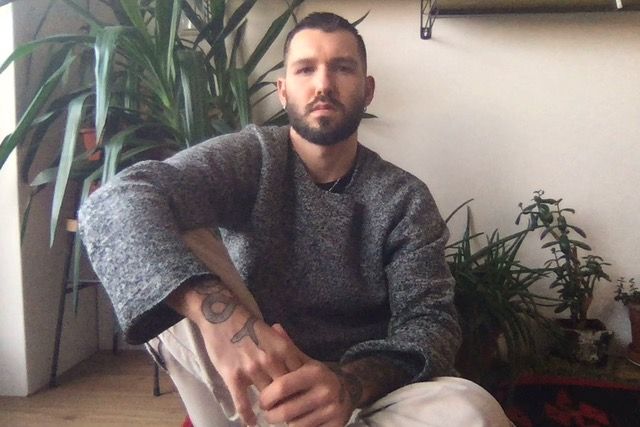
“I live in Amsterdam, and the Dutch government has chosen not to run a total lock down as of yet, and to go for the ‘herd immunity’ route—which means that they aspire to slow down the spread of the virus by moderately enforcing social distancing, whilst building group immunity in a controlled way. It’s quite different from the tactic in most European and Asian countries where aggressive efforts are made to eradicate the virus completely.
My team and I are trying to do as much as possible from home, and are doing all the things that get pushed to the side in times of project deadlines and in-studio work—updating the website, illustrator work, preparing funding applications and such. There is more free time of course, as well, and I am trying to use it to dive into subjects which interest me but have never had the time to explore in great detail. I find myself on obscure websites and archives about archaic crafts such as ancient basket weaving, traditional wooden clog making and Victorian corsetry. I’m cooking a lot too. I finally have time to try out recipes and put effort into making dinner, something which is often impossible during regular studio weeks.
Luckily the fashion industry is filled to the brim with creative minds. I am expecting to see very innovative ideas from all the brands, in order to still materialise their vision and keep business going. What is more interesting in my opinion, is that we might gain some valuable perspectives on the fashion industry on a larger, more profound scale while we are in this unfortunate situation. Everything is unsure in a crisis like this, but it might allow space for us to rethink our current systems and to question if they are still valid in our day and age.”
Niellah Arboine
Writer and lifestyle editor at gal-dem, London
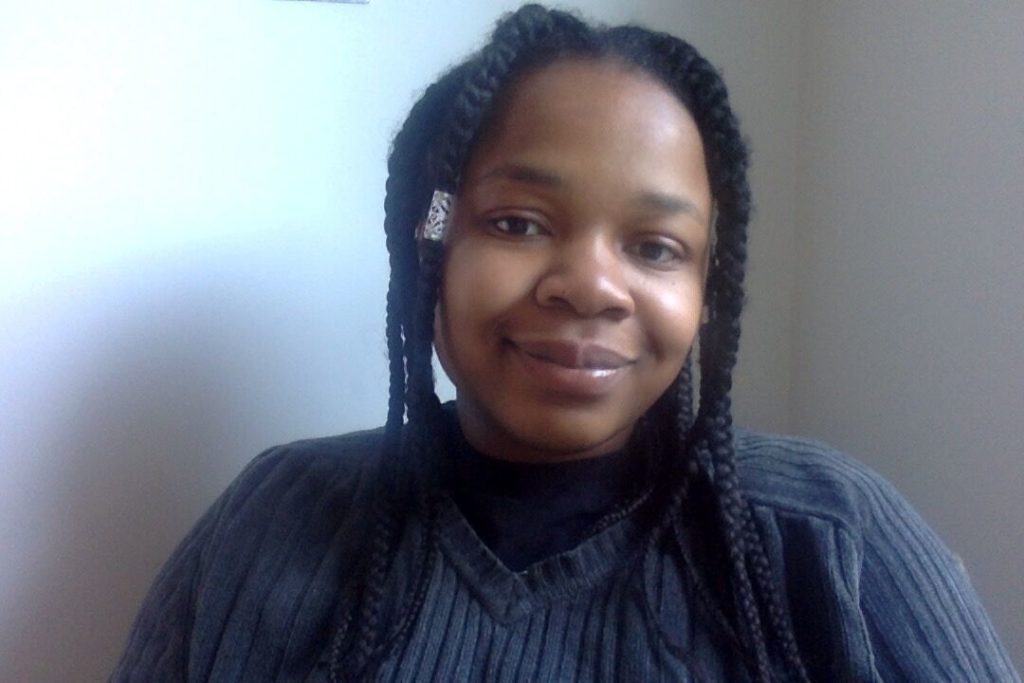
“I’m doing lots of cooking. I have an Instagram page where I’m giving sustainable cooking tips during the outbreak. I’m also doing lots of video chats with my friends and family, last night we played a pub quiz. I’m also learning how to do the splits! But mainly, I’m playing a lot of Sims 4. It makes me feel more in control of my life right now. I can live vicariously through my Sims and do stuff I can’t do right now. Currently, I’m trying to install some new mods to make some diverse black sims which is keeping me busy!
A lot of my freelance work has been cancelled or postponed, including hosting, podcasts and interviews, which is a shame. I can’t interview anyone in person anymore, so any still happening will be over the phone. Luckily, my normal schedule hasn’t been affected and one of the magazines I write for is remote anyway so I’m used to working from home. As far as gal-dem, we’re having morning video meetings and staying in touch online during the workday. Both of my jobs have been super supportive during this time.
I think this will really shape our lifetimes in ways that we don’t even understand yet. And I’m sure the repercussions will be felt for long after the outbreak is over. As of right now, I’m concerned that the NHS won’t be able to cope, and I’m so thankful to them. I’m scared about how long this will last. My biggest hope is that this all ends soon. But in the meantime, I hope we use this opportunity for reflection, and in some ways, it just shows how important community is.”
Parker Woods
Photographer, Los Angeles
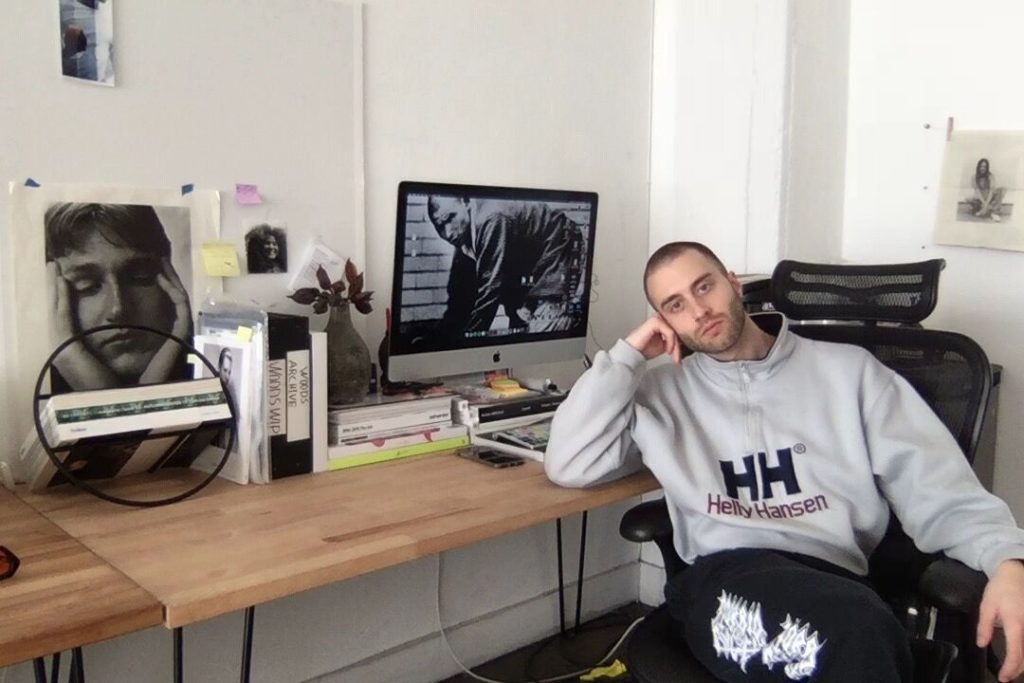
“So far, the thing that restores a sense of normalcy to a world now consumed by toilet paper and Instagram Live is talking to friends on the phone (without video chatting). Sometimes while I’m scanning or editing, other times I’ll be driving around running errands or walking to get a coffee. Hearing my friends are okay and being able to talk with them like I always do, uninterrupted, is a huge source of comfort and catharsis.
The community here in LA is diverse but every freelancer I know is hurting. Many creatives keep a few clients in the city but work predominantly with international clients. That’s to say that it’s impossible to separate the health of the creative industry globally from that of your local community. Now, more than ever, we rely on a symbiotic relationship with creative infrastructures abroad which means that when the UK, European, and Asian markets suffer, so do we.
As much as I’m concerned about what’ll remain of the art industry after the worst is over, I’m more hopeful about the prospect of getting to be a part of its reinvention. Despite the awful reality behind our quarantine, there are still small victories here. Artists and creatives are more approachable than ever and a novel sense of unity is forming—one that comes from sharing this entire experience. Even if this sense of global solidarity is brief, I’m optimistic that the industry will still take the shape of a new collective perspective, and be better for it.”
Marie Bruce
Hair and Make-up artist, London
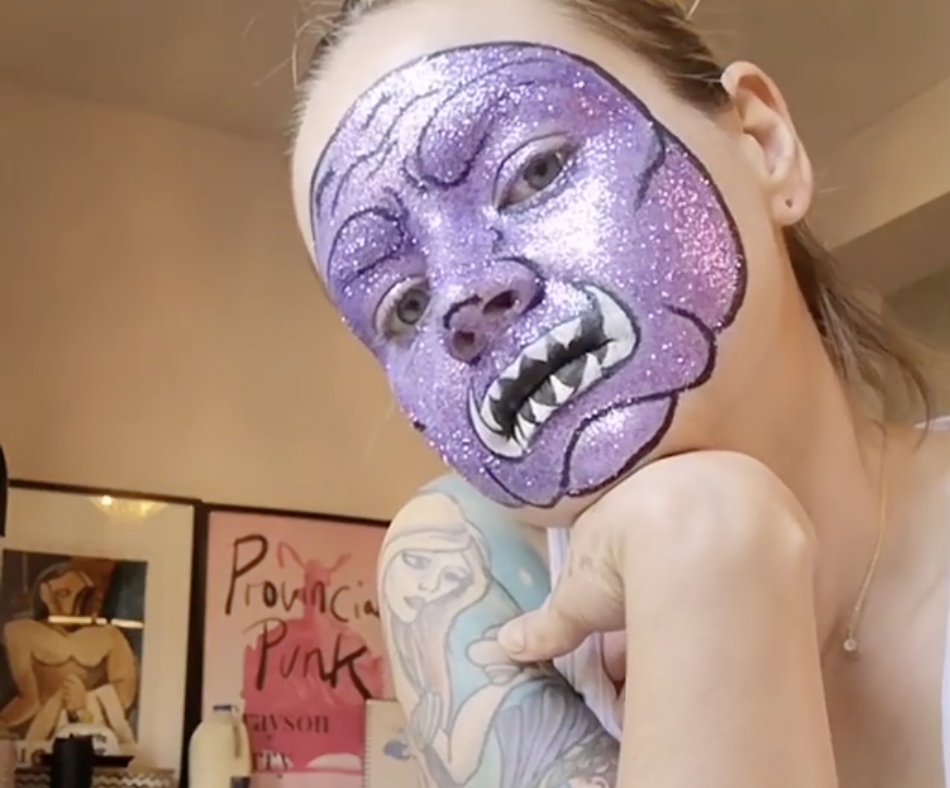
“One Monday I went to work, and then I got a text from my agent that evening to say that my work for the rest of the week was cancelled… It was just like the rug being pulled from underneath me. [I had] no control.
There is zero work for me! Unless you can count me filming ‘how to’ make-up videos for my Instagram page when my baby is napping. I’m spending most of this time hanging out with my son who just turned one. I’m cooking him nutritious meals, playing, cleaning loads and renovating our garden so we have a usable space come summertime.
I’m lucky in the sense that I’m a total hermit and take solace from staying in and cooking, cleaning, or doing baby related things. We just bought our first home, which used to be a ‘80s time warp house. Any time I’m not at work I’m excited to be at home and be fixing something up or learning some new kind of DIY. I do miss the freedom of being able to go visit my parents or siblings though. My brother is having his second baby in April and I have no idea when I’ll get to meet him—which is very weird.
I think the government has generally done a good job so far in creating two brand new systems at essentially the drop of a hat whilst dealing with a worldwide pandemic. It’s a shame that for the self employed 80 percent of earnings won’t reach bank accounts until June. People that live hand to mouth are going to really struggle without any immediate form of payment. I really hope something is done to expedite the payments. I hope my little family will keep up the habits we’ve taken on, having our evening meals together, long walks, my partner working more flexible hours. I hope my garden gets finished! And lastly I hope they create a vaccine to protect everyone and that we move forward as a more empathetic, kinder nation.”
Nickolas Lorieux
Photographer, Paris
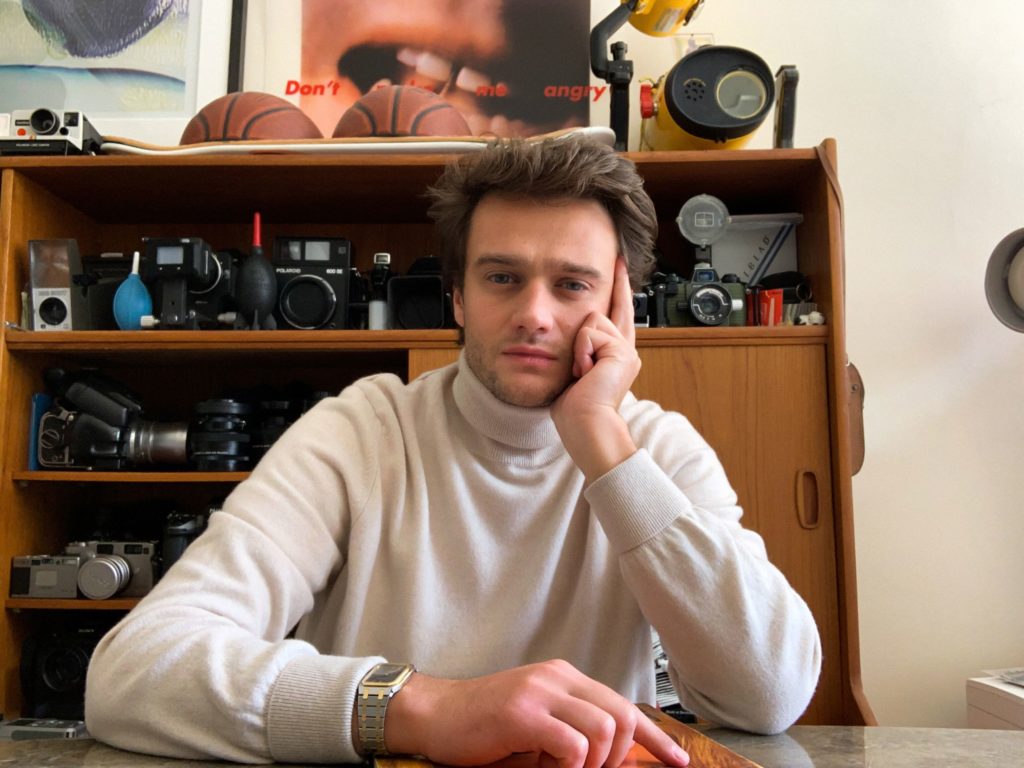
“Unfortunately, I had the virus, so I was sleeping a lot for the first two weeks. But now I am back on my feet and I have a lot to do at home: Piled paperworks, some organising, but also some creating.
When the spreading started in China, we [in France] looked at the virus from afar thinking that it would stay that way—at arm’s length. Everyone kept on living their life like nothing substantial was happening nor would happen. But when the virus hit Italy so brutally, we understood the weight of its global impact. A bit too late, history will tell…
This month, we have seen such an improvement in our planet’s health: The ozone layer has been growing back quicker, air quality improved—and I hope the COVID-19 pandemic will be a good lesson for us in terms of noticing the catastrophes that are already out there, but still seem far away.”
